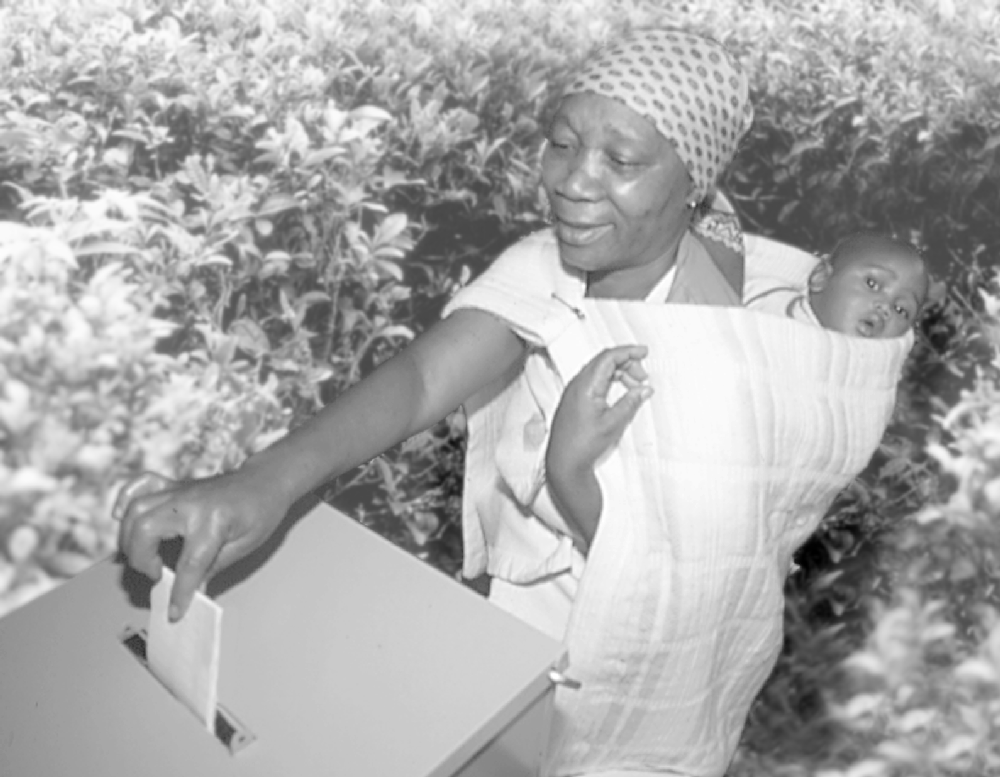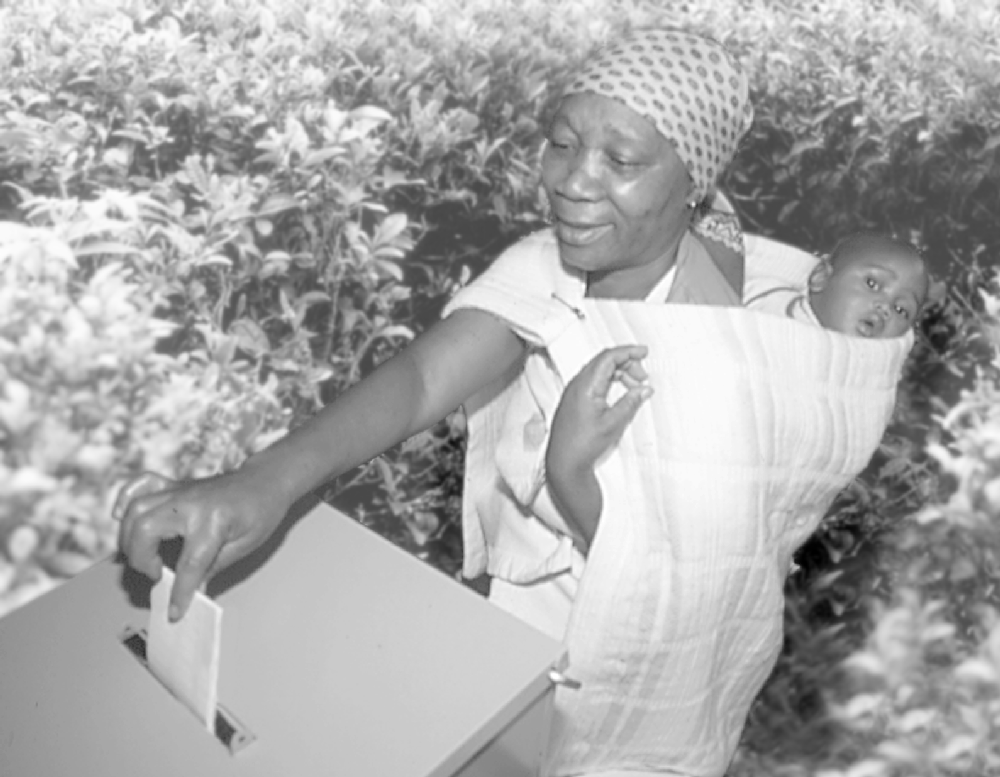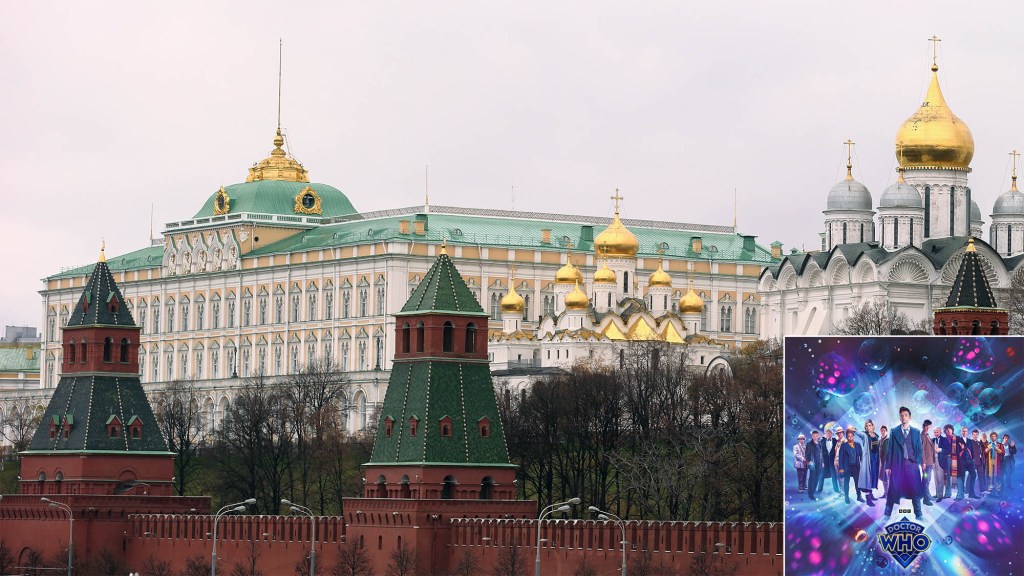Sudanese President-for-Life Welcomes Questions, Comments
KHARTOUM, SUDAN—In a move Secretary General Boutros Boutros-Ghali is hailing as “a major step forward” for democracy in Africa, the United Nations announced Monday that Sudan’s repressive President, General Kolimba Djimasta, has agreed to install a suggestion box outside the gates of his 10,000-acre mansion.

“We care about the quality of your stay here in Sudan,” Djimasta said. “That’s why I want you to rate your satisfaction with my kingdom: Was your torturer friendly? Was your village burned to the ground in a friendly and convenient manner? Would you like to see more or less testicular torture? Would you like to be killed at this time?”
Under the Khartoum Accord, the suggestion box will be placed on one of the two imported marble gates in front of Djimasta’s mansion. For those who don’t have a pencil handy, one will be provided.
As an added incentive to get people to fill out comment cards, the first 50 people to do so will not be brutally murdered.
“We’ve really gotten some very good, very valuable feedback,” Djimasta said. “The only downside is the occasional comment card that’s soaked with blood. Those can be difficult to read.”

Among the comments Djimasta has already received: “Please do not send your elite military police to kill me”; “Please do not dispatch your secret military squad to murder me and my family”; and “Your Grand Excellence, I beg of you, I am innocent—please do not kill me.”
The comment cards also contain a space to write your name and address, so Djimasta can personally “reply” to those who are dissatisfied.
Djimasta, who took the reins of power in a violent coup d’état in 1984, was the subject of international outrage this April, when the Red Cross unearthed the bodies of more than 5,000 opposition-party members in a desert grave. Protest by the international community led to the dispatching of a U.N. team to Khartoum last month, which led to the installation of the new suggestion box.
“One thorny point in our negotiations was the issue of how many blank lines to leave on the index cards,” U.N. chief negotiator Uwe Eckhaus said. “We felt at least 10 would be needed to provide enough room for detailed suggestions, but the General felt that anything more than five would necessitate unnaturally cramped handwriting.”
The Khartoum agreement caps off a month of diplomatic triumph for the oft-maligned U.N. Three weeks ago, the continued slaughter of Kurds by Iraq’s Saddam Hussein was condemned by the Security Council, in a resolution that expressed “the most fervent possible tsk-tsking.”
And just last week, Boutros Boutros-Ghali was the commencement speaker at a high school graduation in Dix Hills, New York.
“We live in an age of international violence and terror,” said Boturos-Ghali in the speech, which preceded the Khartoum Accord by days. “We cannot continue to permit other countries to deny basic liberties to their people and thereby tread upon the fundamental decency that is the natural birthright of every human being. . . Good luck, graduates!”







